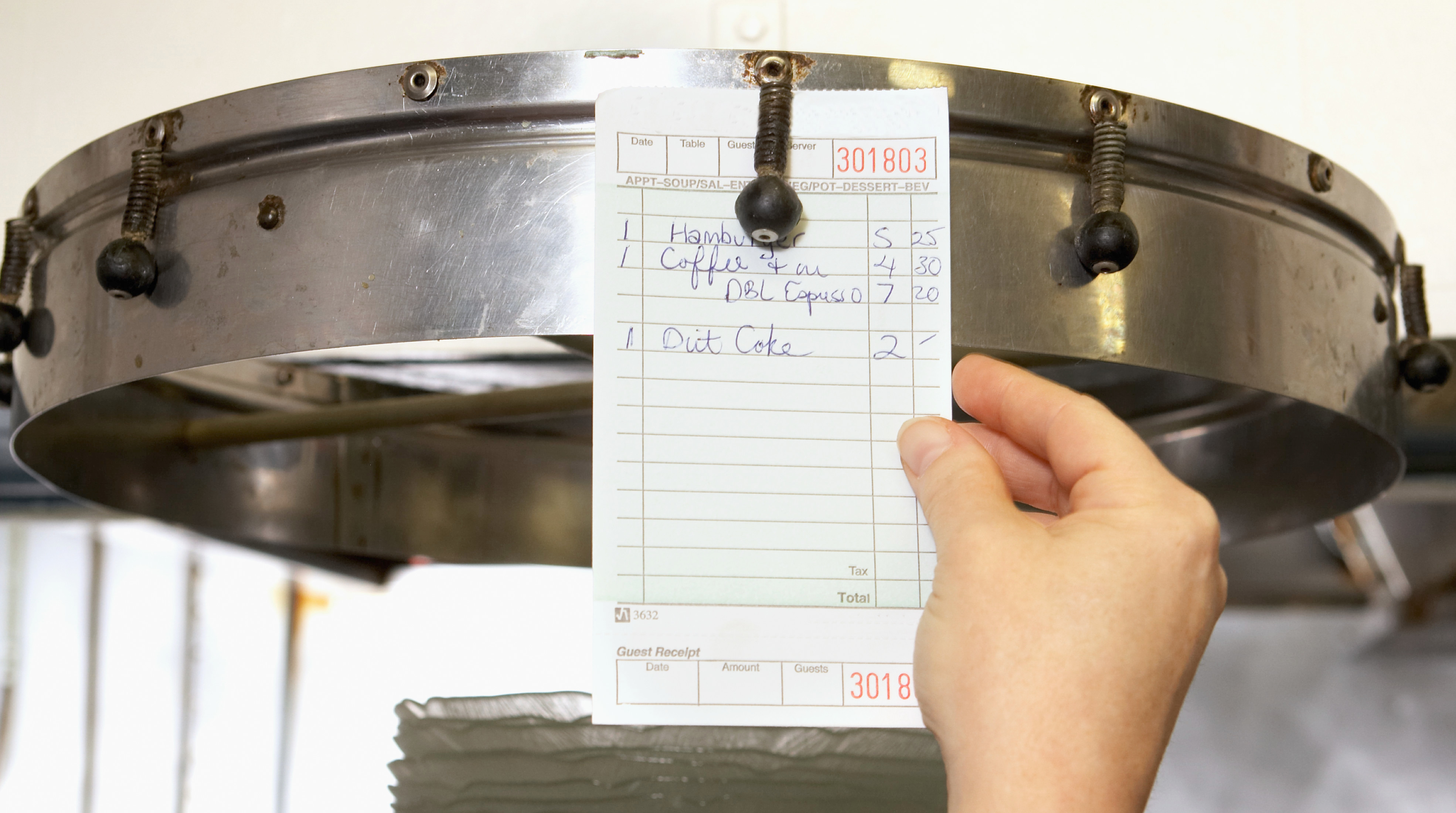Florida Restaurant Workers Aren't Required To Get Tested For COVID-19
No state in the U.S. has responded as poorly to COVID-19 as Florida. Both the total number of cases and the number of new cases per day dwarfs every other state, and there's evidence suggesting that elected officials in Florida have deliberately hid the severity of the infection. And now, thanks to an executive order signed by the state's Republican governor, Ron DeSantis, restaurant workers who had previously tested positive for coronavirus are no longer required to get tested again before returning to work.
As reported by Newsweek, an executive order issued on March 17, 2020 previously required that any restaurant worker who tested positive for COVID-19 had to then produce two negative tests before they could once again resume their jobs. While this definitely placed a burden on both the worker and their employer, the idea was to ensure that people who were confirmed sick didn't, you know, come to work and infect every other person they came in contact with. The new executive order requires that restaurants "implement employee screening protocols pursuant to guidance developed by the Centers for Disease Control and Prevention." And, per Newsweek, that CDC guidance simply says that if an employee was previously diagnosed with COVID, they can stop isolating after 10 days.
As you might imagine, the reaction to this news was mixed. Some restaurant owners told Newsweek that this would make their lives easier as it would help to alleviate staffing shortages. Others said that they would continue to require the negative tests regardless of the state's requirements.
"We're not going to stop just because the state says so," Tim Petrillo, owner of 11 bars, clubs and restaurants in Fort Lauderdale, told the South Florida Sun Sentinel. "If you don't require a COVID test to go back to work, and he turns out to be contagious, and he infects the entire staff, I'm not going to risk my business, my health or my employees' health."
Petrillo's final point is particularly worth considering. We often talk about restaurant safety in the context of diners, but given that kitchens are typically indoors, and in tight spaces, really it's restaurant workers who face the greatest amount of risk. DeSantis' order might make it easier for restaurants to staff, but it also feeds into a culture of people effectively being forced to work while they're sick because they simply don't have any other options. Given that DeSantis also recently admitted that Florida's unemployment system was deliberately set up so that people can't actually use it, his new executive order specifically places the burden on workers, instead of the state that has failed to care for them.
